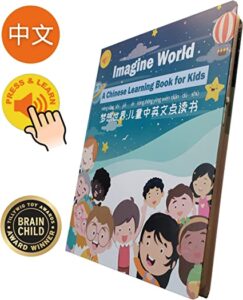後生可畏【hòu shēng kě wèi】 比喻少年聰明努力,有光明的前途。
It is said that when Confucius traveled through all the kingdoms, he came across three children. Two of them are playing together, while the other one is standing by himself. Confucius feels puzzled. He asks him, ” Why don’t you play with them?”
” Violent frolicking is likely to end in the loss of lives. Games filled with pushing and pulling also tend to cause physical injury. At least, the tearing of someone’s clothes isn’t something good.So I don’t want to play with them.It’s nothing strange.” the child said.
A moment later, the child builds a castle with clay. He sits in it and refuses to come out. He doesn’t give way to Confucius, who is ready to leave.
” Why are you sitting inside to refuse to give way to my vehicle?”
The kid replies, ” I’ve only heard that vehicles have to go around castles, but I’ve never heard of a castle giving way for traffic.
Confucius feels shocked, and says admiringly, ” At such a young age, you seem to know a lot.”
” I heard fish can swim as soon as they’re born. Rabbits can run on the third day after their birth, and ponies can follow their mothers on the third day as well. All these are natural phenomena. Age doesn’t make a difference.”
After hearing this, Confucius says, ” Oh , youngsters today are really remarkable.”
” Hou Sheng Ke wei” refers to bright and promising youngsters.
【hòu shēng kě wèi】Refer to bright and promising youngsters.

